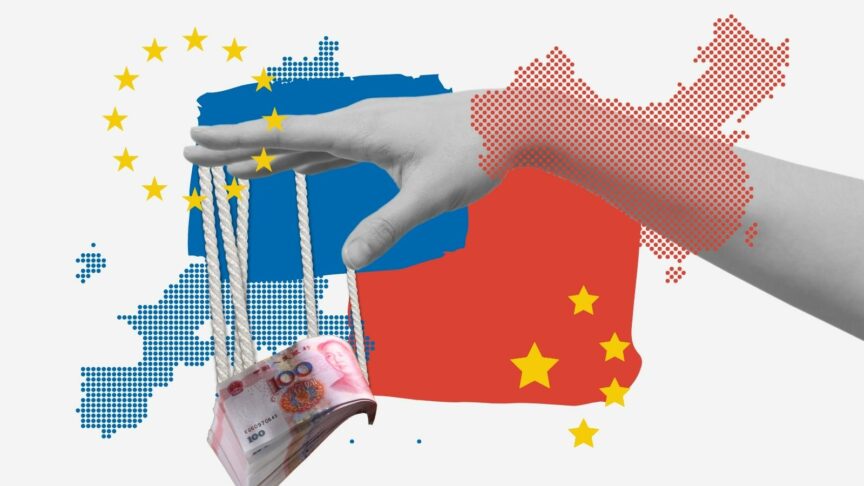
Tough trade: The hidden costs of economic coercion
The EU needs to develop an Anti-Coercion Instrument that acts as a powerful economic deterrent, but this alone will not sufficiently protect Europe against economic coercion

The EU needs to develop an Anti-Coercion Instrument that acts as a powerful economic deterrent, but this alone will not sufficiently protect Europe against economic coercion
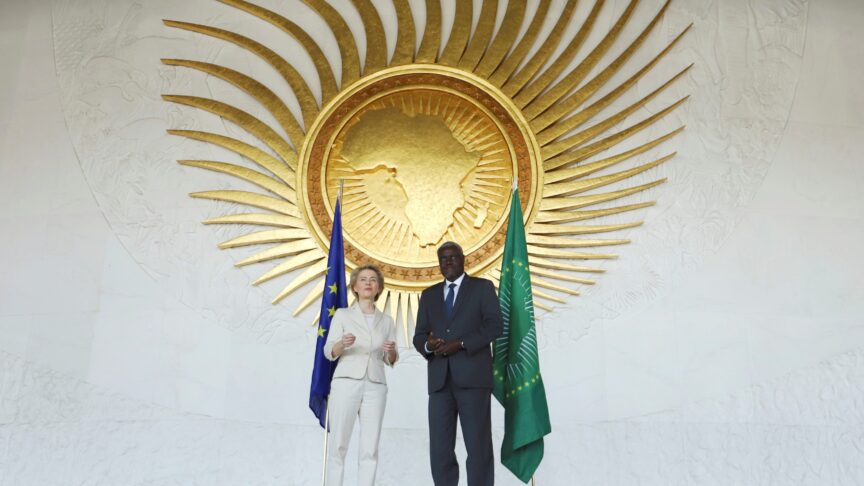
Africa’s burgeoning innovation economies offer huge opportunities for the continent – and for Europe as it looks to tackle the climate crisis and respond to China’s BRI global connectivity programme
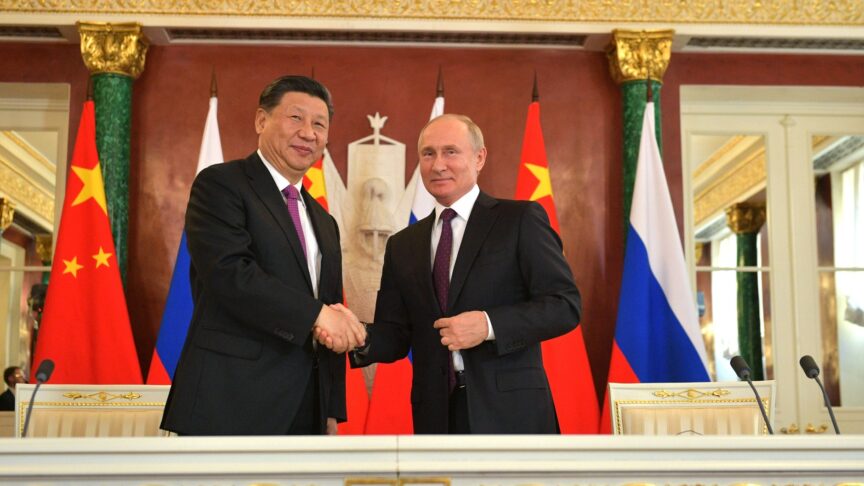
The West does not have an opportunity to prompt a policy U-turn in Moscow that divides Russia and China. But it could give Russia space to hedge against China in key areas

The UK government’s vision for Global Britain does not reflect today’s geostrategic realities. Yet the UK can forge an effective foreign policy if it focuses on British strengths, avoids military adventures in distant lands, and finds balanced, effective working relationships with the EU and the US.
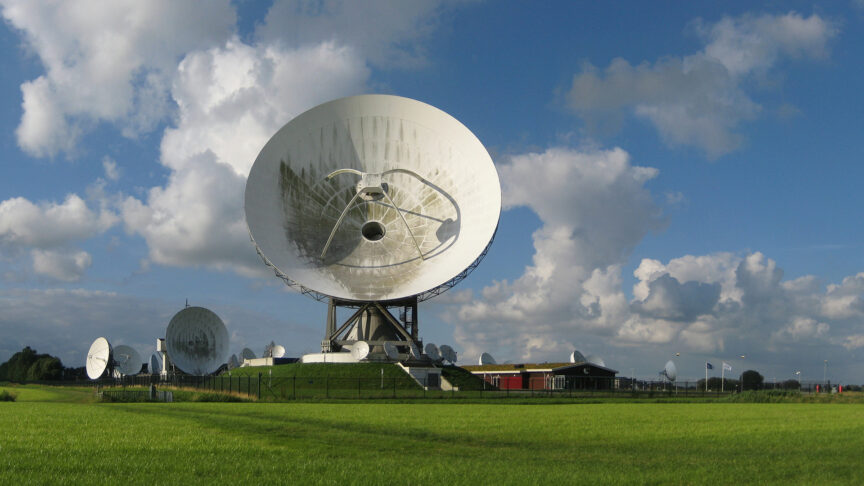
The EU should offer Georgia, Moldova, and Ukraine a new intelligence and security compact to help strengthen their security against Russia
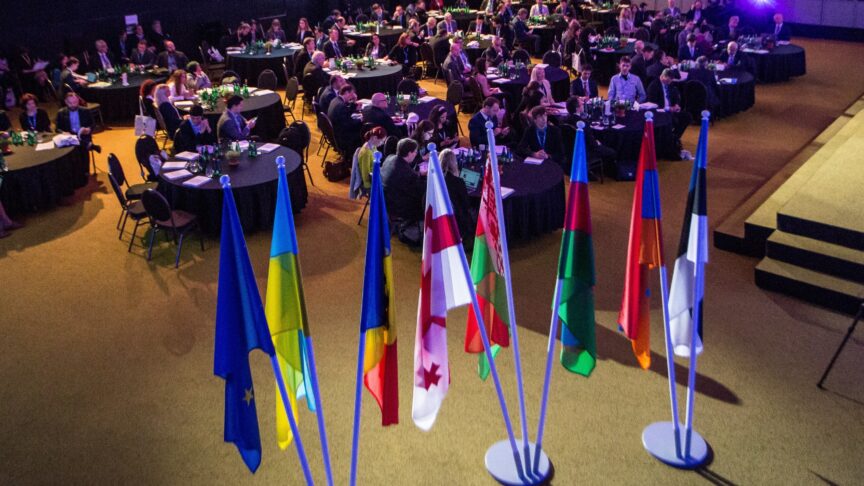
Young diplomats in Eastern Partnership countries are optimistic and pro-European. Many of them want the EU to become a bolder geopolitical actor.
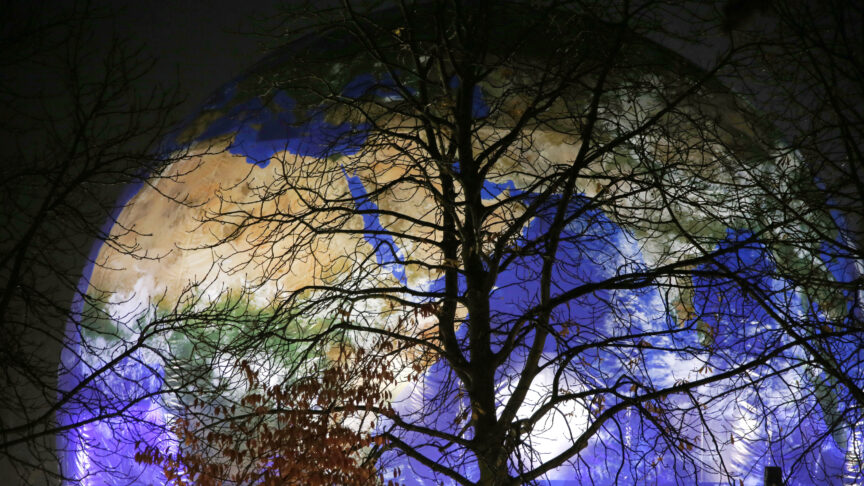
The bloc should reframe the international debate on energy security to focus on clean energy resources and efficiency, engaging in the market reforms needed to incentivise this shift
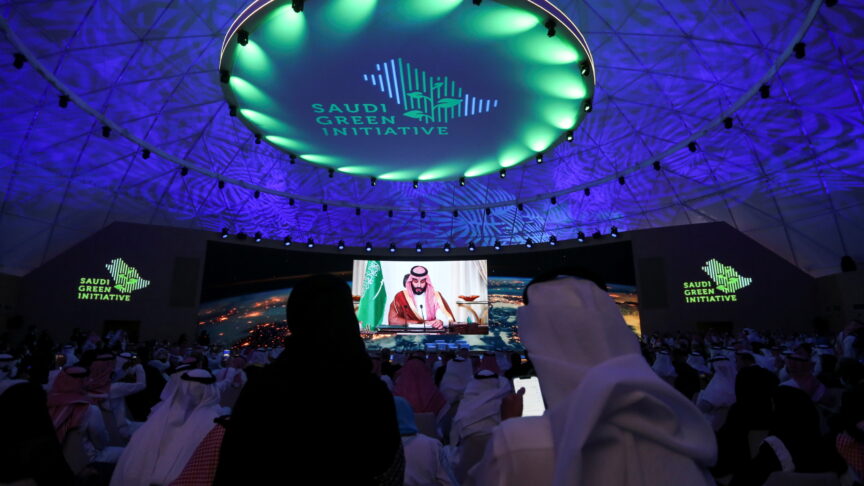
If the EU is to achieve its climate and geopolitical goals, it will need to substantially increase its engagement with Gulf states on the European Green Deal
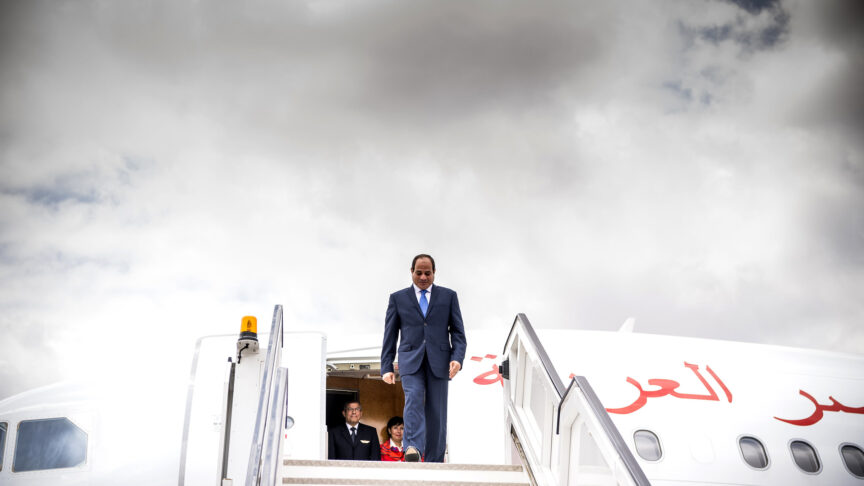
The Egyptian regime has become somewhat more open to discussing matters such as human rights than Western capitals sometimes assume
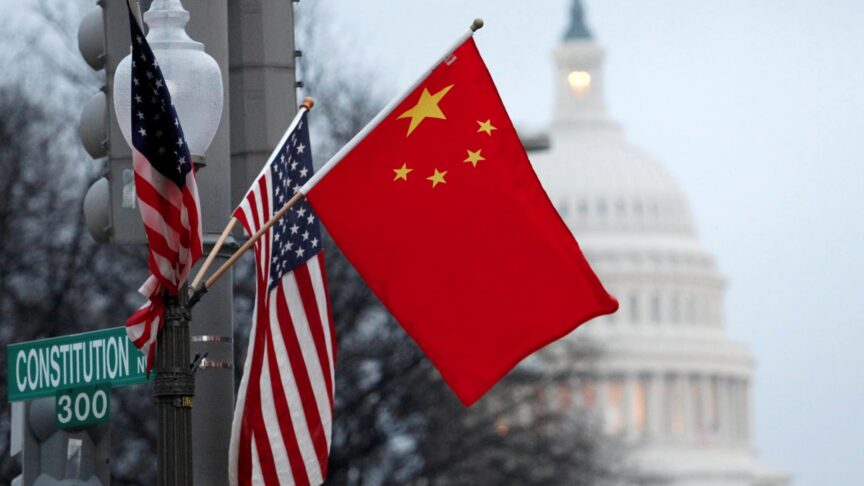
A majority of European citizens believe a new cold war with both China and Russia is under way – but they mostly do not think that their own country is involved